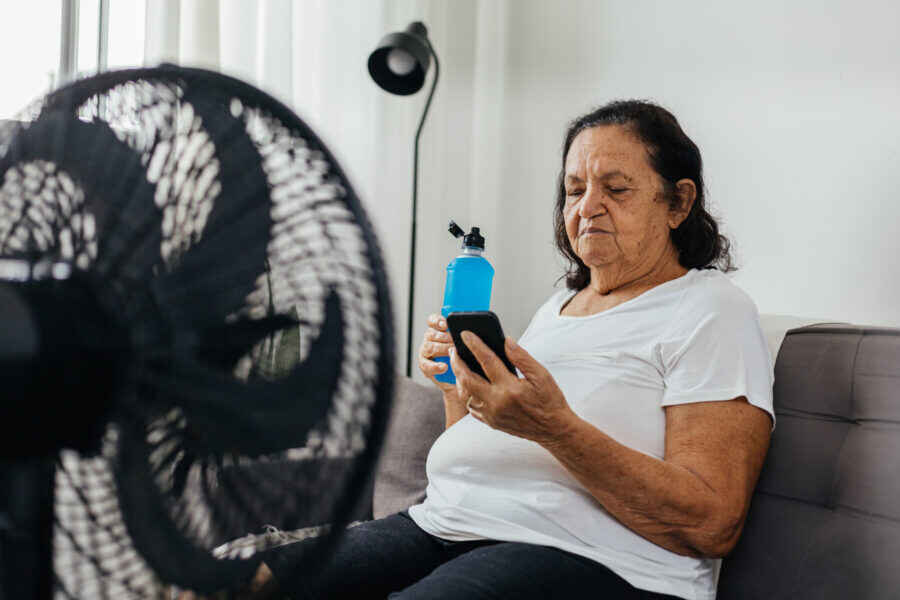
Innovative Use of Federal Power to Protect Tenants from Eviction
Law & Policy InsightsHealthy and Affordable HousingMechanisms for Advancing Public HealthMechanisms for Advancing Health EquityWith the recission of the federal declaration of public health emergency, tenants lost some protections from the CARES Act and related federal policies. Proposals in the Biden Administration’s Blueprint for a Renters Bill of Rights provides avenues to support tenants in housing and project based rental assistance and expands those protections as negotiated measures between Freddie Mac and the landlord community.











